- A health supplement has left five dead and more than 110 hospitalized
- The supplement is marketed to help reduce cholesterol levels.
- But the ingredients can be contaminated with toxin-producing fungi.
<!–
<!–
<!– <!–
<!–
<!–
<!–
Health authorities searched a second Kobayashi pharmaceutical factory in western Japan on Sunday after the company reported five deaths possibly linked to its dietary supplements, an official said.
The inspection in Wakayama Prefecture follows one in Osaka on Saturday, expanding the investigation into the manufacturer’s use of ‘Beni-Koji’ red yeast materials.
Osaka-based Kobayashi says it found what appeared to be potentially toxic puberulic acid that could have been produced by the penicillium blue mold in Beni-Koji materials produced between last April and October at the Osaka factory.
As of Friday, 114 people had been hospitalized and five had died after taking the supplements, which were marketed to help lower cholesterol levels, the company said.
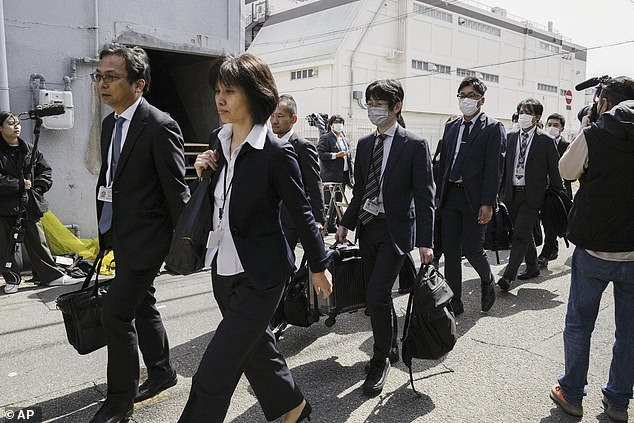
As of Friday, 114 people had been hospitalized and five had died after taking the supplements, which were marketed to help lower cholesterol levels.
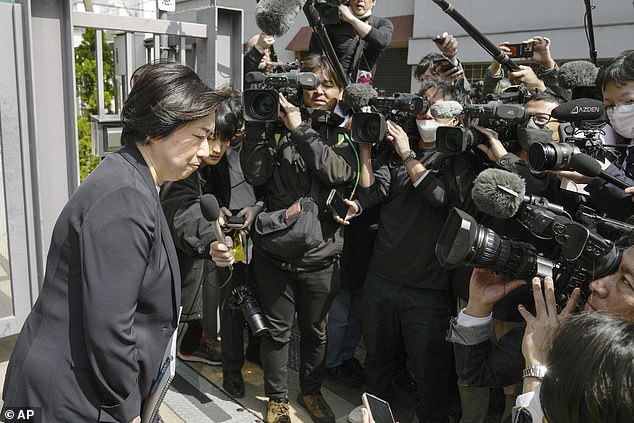

Osaka-based Kobayashi says it found what appeared to be potentially toxic puberulic acid that could have been produced by the penicillium blue mold in the Beni-Koji materials produced.
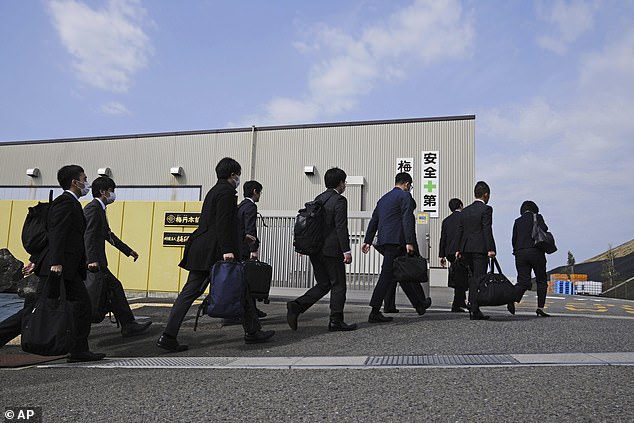

The cause of the deaths has not been confirmed, but an official said that “Beni-Koji is suspected to be the cause, so we have inspected two factories in two days.”
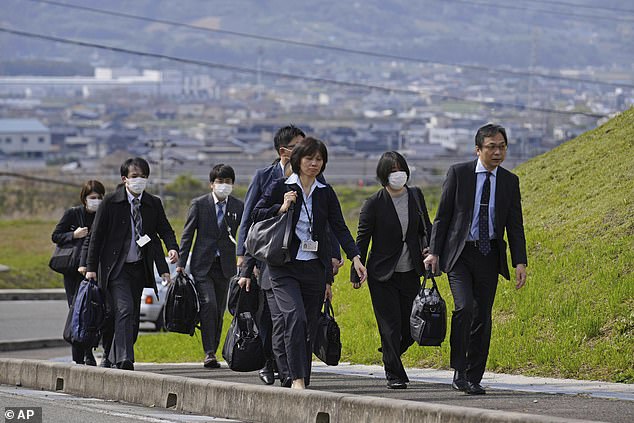

The government has criticized the company for taking two months to announce the health impacts of its products.
The cause of the deaths has not been confirmed, an official at Japan’s Ministry of Health and Welfare told Reuters. But “it is suspected that Beni-Koji may be the cause, so we have inspected two factories in two days.”
Kobayashi said Friday that it was investigating a suspected link between the products and their kidney effects since receiving reports of kidney disease linked to the products.
“We will fully cooperate with the investigation so that we can resolve the issues as soon as possible,” Kobayashi’s head of investor relations, Yuko Tomiyama, told reporters on Sunday in footage broadcast by public broadcaster NHK.
The health official said the ministry would “join efforts with other concerned ministries to do everything possible to resolve the ongoing case and at the same time ask Kobayashi Pharma to cooperate as necessary to investigate the case.”
The factory in Osaka’s Yodogawa district was closed in December due to aging facilities and production was moved to the factory in the city of Kinokawa, which was raided on Sunday, Japanese media reported.
The government has criticized the company for taking two months to announce the health impacts of its products. Kobayashi began recalling products on March 22 after receiving reports of kidney disease.
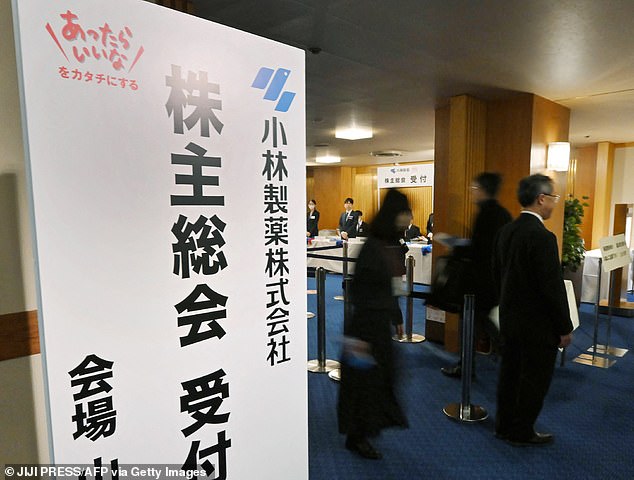

Kobayashi began recalling products on March 22 after receiving reports of kidney disease.
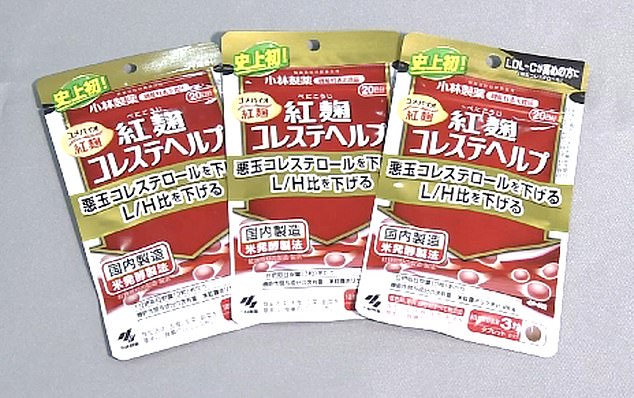

Kobayashi sells Beni-Koji wholesale to 52 companies, which have conducted voluntary inspections and have not found any materials requiring medical consultation as of Friday.
Their products are also consumed in other countries.
Japanese media said a case of acute kidney failure had been reported in Taiwan. Taiwan’s Food and Drug Administration is investigating three “unexpected health reactions” that may be linked to materials imported from Kobayashi, Taiwan’s official Central News Agency reported.
A Chinese consumer association urged consumers to stop using potentially affected products, saying it was concerned about the risk from Kobayashi products, state media reported on Friday.
Japan’s Health Ministry is aware of the Taiwanese cases, the official said, declining to comment further on any international cases.
Kobayashi sells Beni-Koji wholesale to 52 companies, which conducted voluntary inspections and did not find any material requiring medical consultation as of Friday, NHK said. Those companies sell the materials to 173 other people, he said.
TV Asahi reported that about 1,800 food manufacturers could be affected.
Beni-Koji contains Monascus purpureus, a red mold used as a food coloring.

